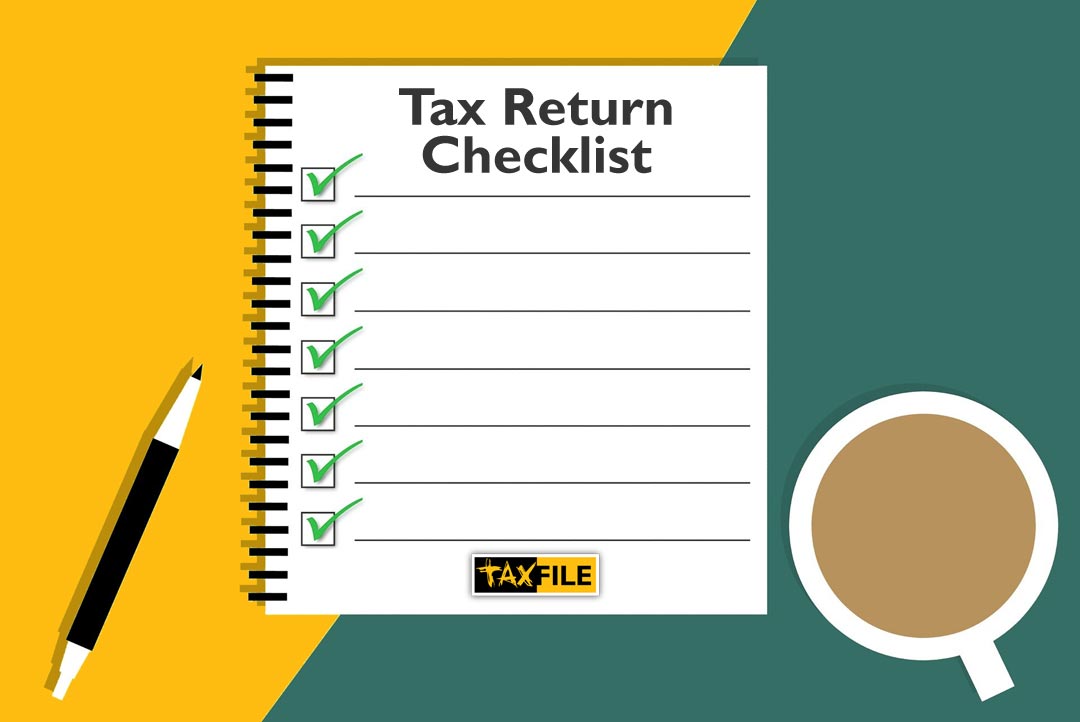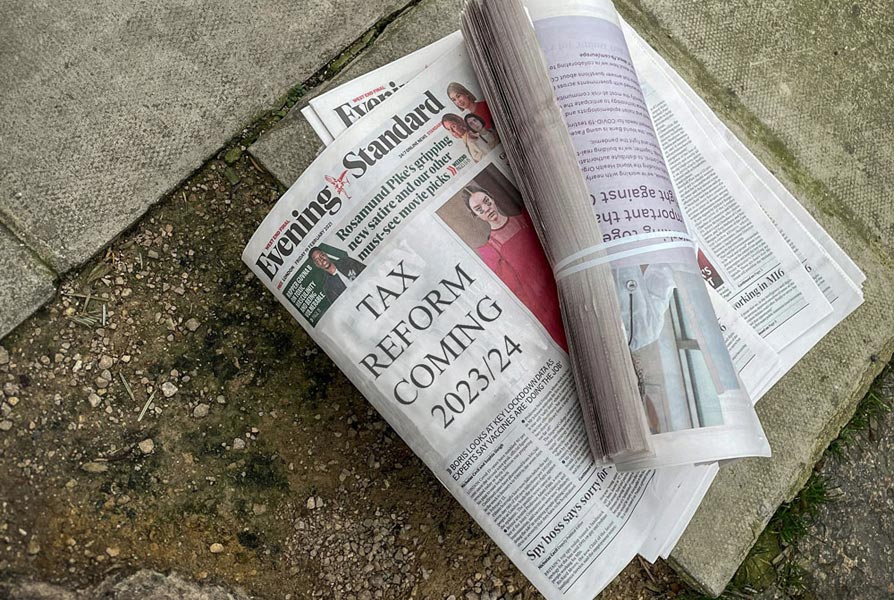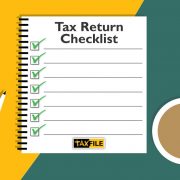
The standard Self-Assessment Tax Return includes all the usual areas that you’d expect to have to confirm to HMRC. These include the obvious things like personal details, information about income for the period in question, any assets, dividends, interest received, pensions and so on.
However, there are a number of additional areas that you need to check and confirm before the return is submitted and filed with HMRC. It’s not an exhaustive list, but things people sometimes miss and that you need to check you have allowed for (if applicable) include:
- Employment Income — have you confirmed any employment income? Have you supplied Taxfile, if we’re your tax agent or accountant, with copies of P60’s and P11D’s. Did you have any employment expenses?
- Self-Employment Income or Partnership Income — have you confirmed any self-employed or partnership income and relevant expenses? Have you supplied all CIS vouchers, invoices, cash income etc. if applicable?
- UK Land & Property Income — have you confirmed any rental income and relevant expenses for each property you perhaps rent out?
- Foreign Income — did you receive any foreign income? Have you confirmed it?
- Trust Income — did you receive any trust income or are you treated as having received any trust income?
- Capital Gains — have you sold any assets or investments which may be subject to capital gains tax e.g. a rental house, stocks and shares etc?
- Residence — were you, for all or part of the year, not resident, not ‘ordinarily resident’ or not ‘domiciled’ in the UK?
- Investment Income — have you confirmed any bank/building society interest, dividends, etc?
- Pension Income — are you in receipt of any? It needs confirming if so.
- Any other income received that doesn’t fit into any of the above e.g. Job Seekers Allowance, Tax Credits? Child Benefit is an important one, especially if one parent is earning £50k or more. Marriage Allowance is another.
- Do you have a pension that you pay into? If so, how much did you pay for the period in question?
- Have you given any money to charity? Higher rate taxpayers can usually get extra tax relief on this.
- Do you have a student loan?
- Are you subject to the High Income Benefit Charge?
- Do you use a service company?
- Have you been paying your National Insurance?
- Have you been keeping good records?
Taxfile will always prompt you to check for things like these if you’re our customer, before we submit your tax return on your behalf. As we say above, though, the list is not an exhaustive one, so there may be other information we need, depending upon your individual situation. The list of what HMRC requires each year also Read more





 On 5 December 2013 George Osborne, Chancellor of the Exchequer, gave his Autumn Statement in Parliament. Key announcements included:
On 5 December 2013 George Osborne, Chancellor of the Exchequer, gave his Autumn Statement in Parliament. Key announcements included: